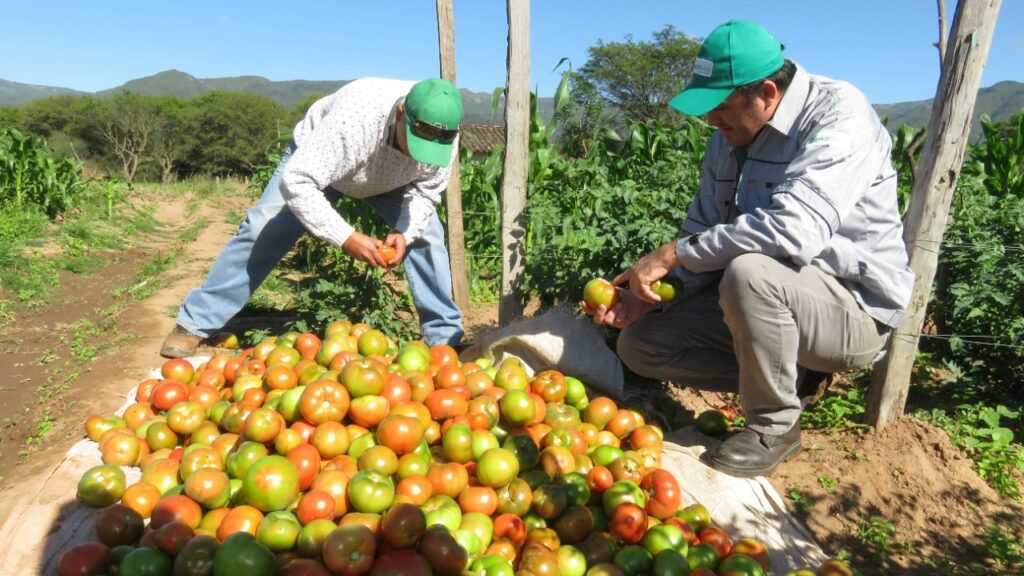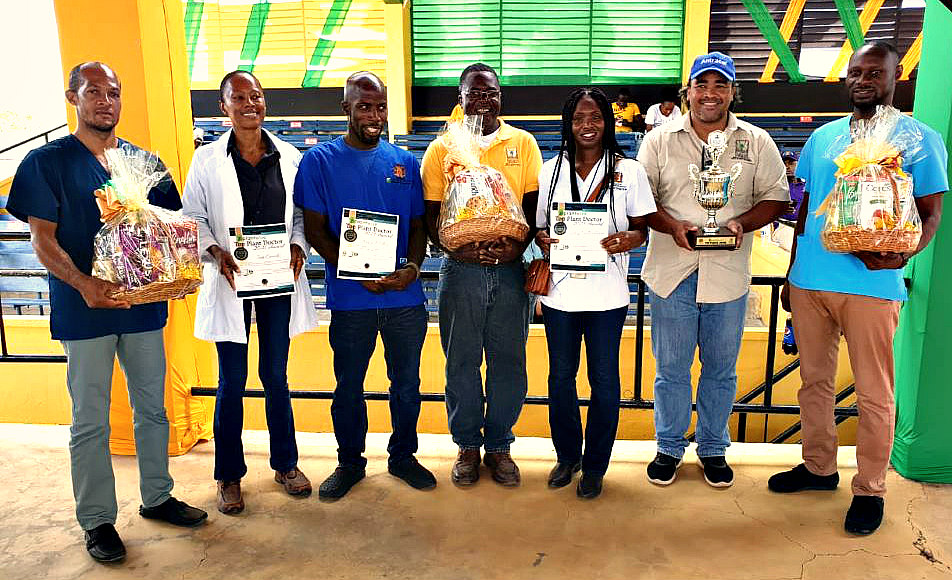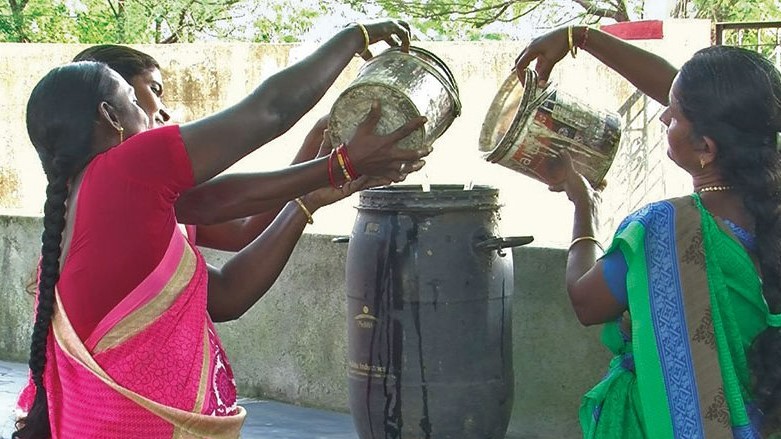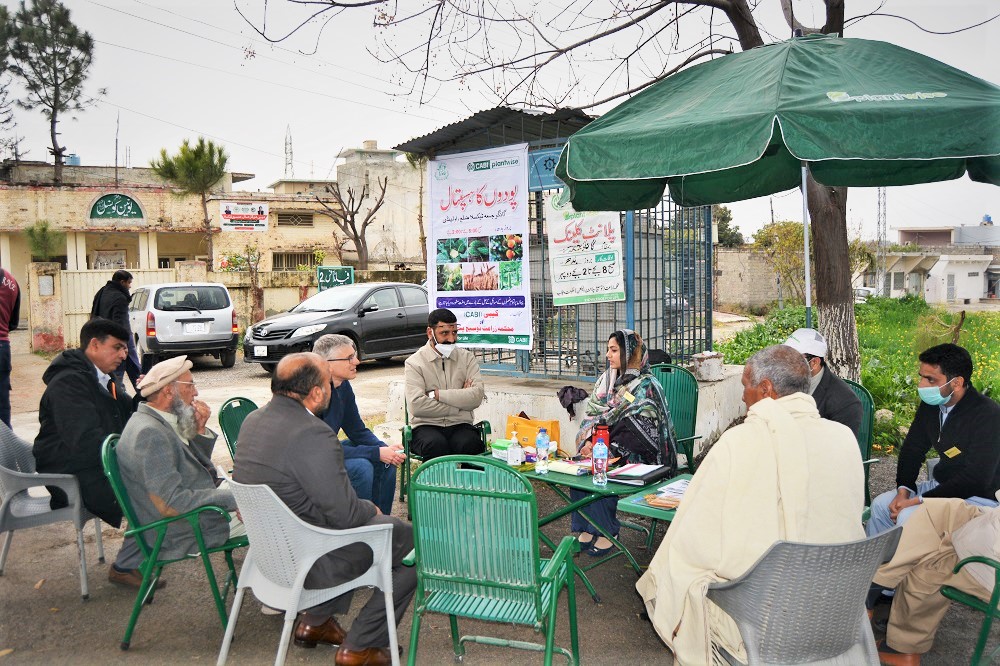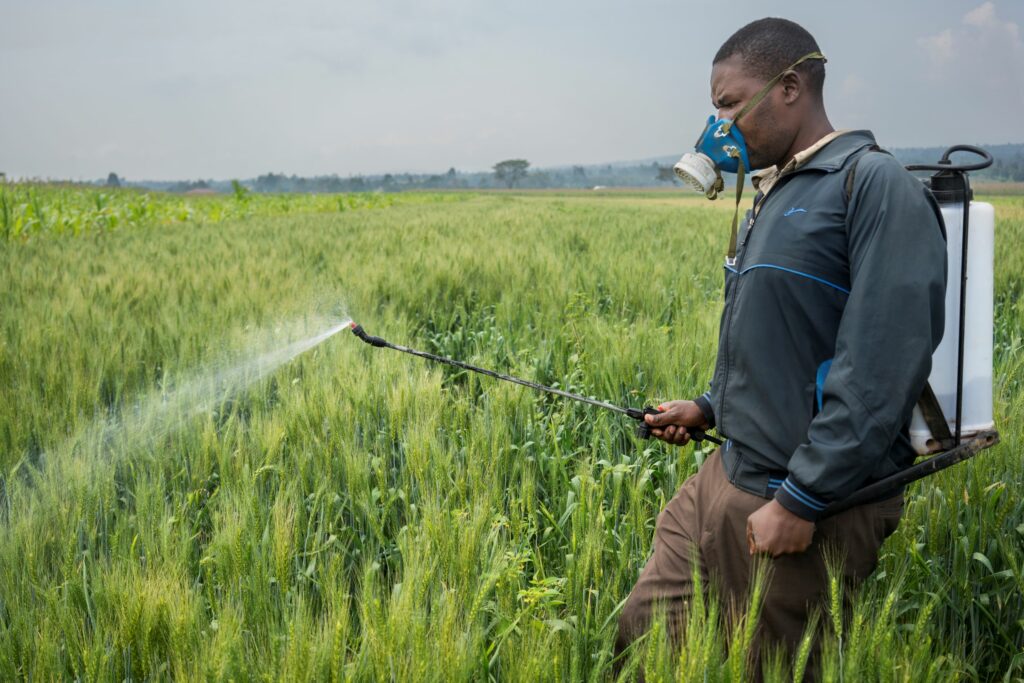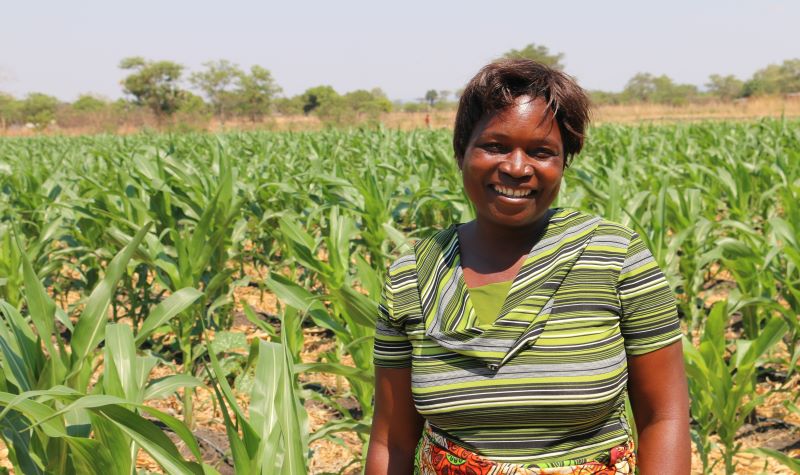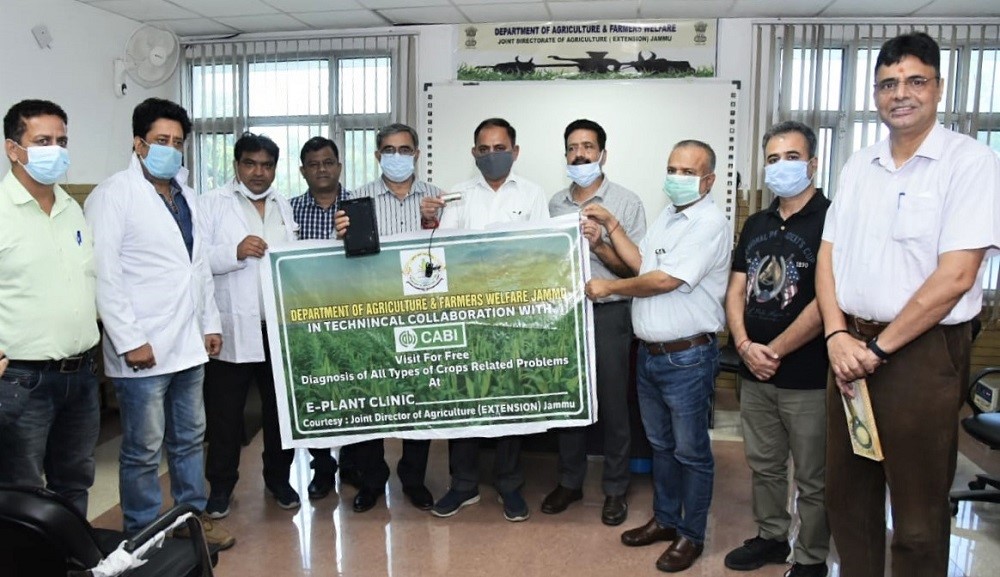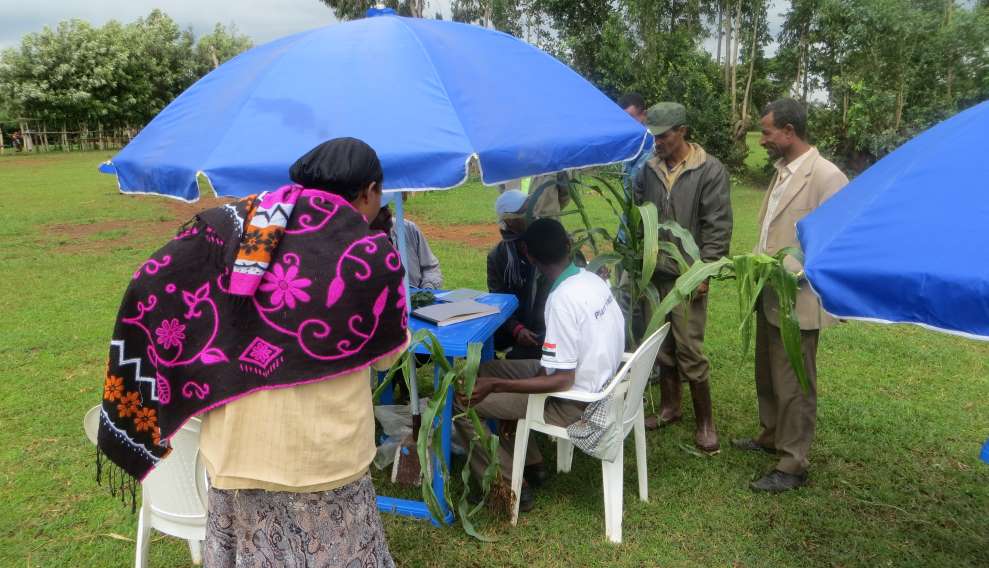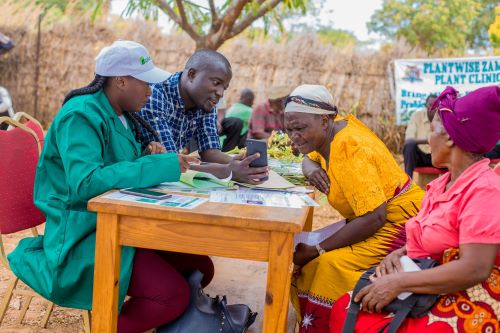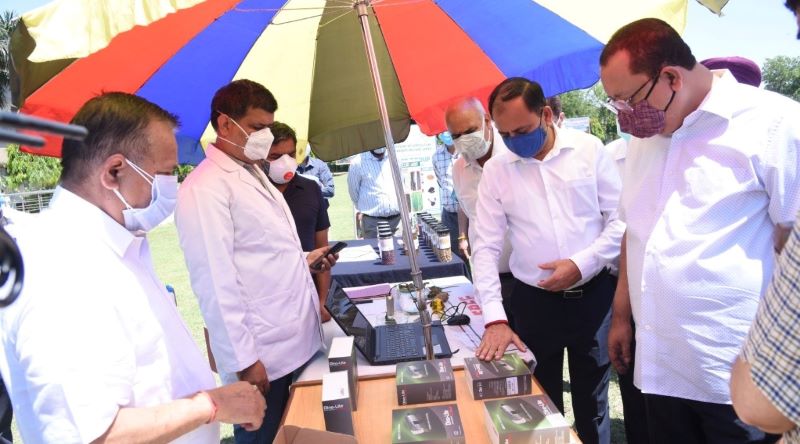Tuta absoluta in the Americas
Tackling the tomato pest, Tuta absoluta, with natural pesticide alternatives in the Americas Tuta absoluta (also known as Phthorimaea absoluta) is one of the most devastating plant-eating pests worldwide. It affects tomato plants and fresh tomatoes. And it causes high levels of crop production loss. Without stemming the spread, its effects are devastating.
How Plantwise plant clinics supported a women-led cottage industry in India
In 2003, twelve women in Chokkalingam Puddur village started a local biocontrol agent production unit. The Ellya Thendral women self-help group produced and marketed five different types of fungal biopesticides. Their cottage industry received a boost when a Plantwise plant clinic was established in their village. CABI’s Plantwise programme partnered with M S Swaminathan Research…
Three policy recommendations to reduce pesticide risk
Pesticides can provide rapid means of controlling pests and prevent crop losses, but they can also pose a major risk to humans, animals and the environment. A recent research paper, led by CABI’s Dr Justice Tambo, examined whether plant clinics can reinforce the judicious use of pesticides among farmers in Rwanda and Zambia. It also…
Women in rural agriculture: a CABI interview
Women play a significant role in agricultural production. Although women have limited say in decision-making on family farms, they make up nearly half of the global agricultural workforce. However, female farmers face a number of barriers, which must be addressed if we are to achieve a number of Sustainable Development Goals, including SDG 5: Gender…
Plant doctors help in fight against crop threats in Jammu, India
The role Plantwise plant doctors play in helping smallholder farmers mitigate crop losses due to pests and diseases has been lauded by K.K. Sharma – the Director of Agricultural Production & Welfare Department in Jammu, India.
Village-based plant clinics benefit Ethiopian farmers
In Ethiopia, smallholder farmers are the mainstay of the economy, with the country’s large rural communities dependent on small-scale farming for food security and income. However, farmers face several challenges when trying to improve crop yields, in particular plant pests and diseases. It is estimated that Ethiopian farmers lose up to 50% of all crops…
Plant clinics: Gender impacts in Zambia
Women are key to the future of agriculture and ending world hunger. Currently, female farmers make up 43% of the global agricultural workforce and play an important role in farming production and improving food security. However, the hurdles women face are real. Women often find it harder than men to access agricultural information, finance and…
New ePlant clinics to help the most remote farmers in Northern India
Plantwise ePlant clinics have opened in a further five districts of Jammu province in the Union Territory of Jammu and Kashmir. With its mountainous landscape, these districts are often inaccessible to public service providers. To make information available to farmers, the Department of Agriculture, Jammu (DAJ) in collaboration with CABI, has established a network of…

